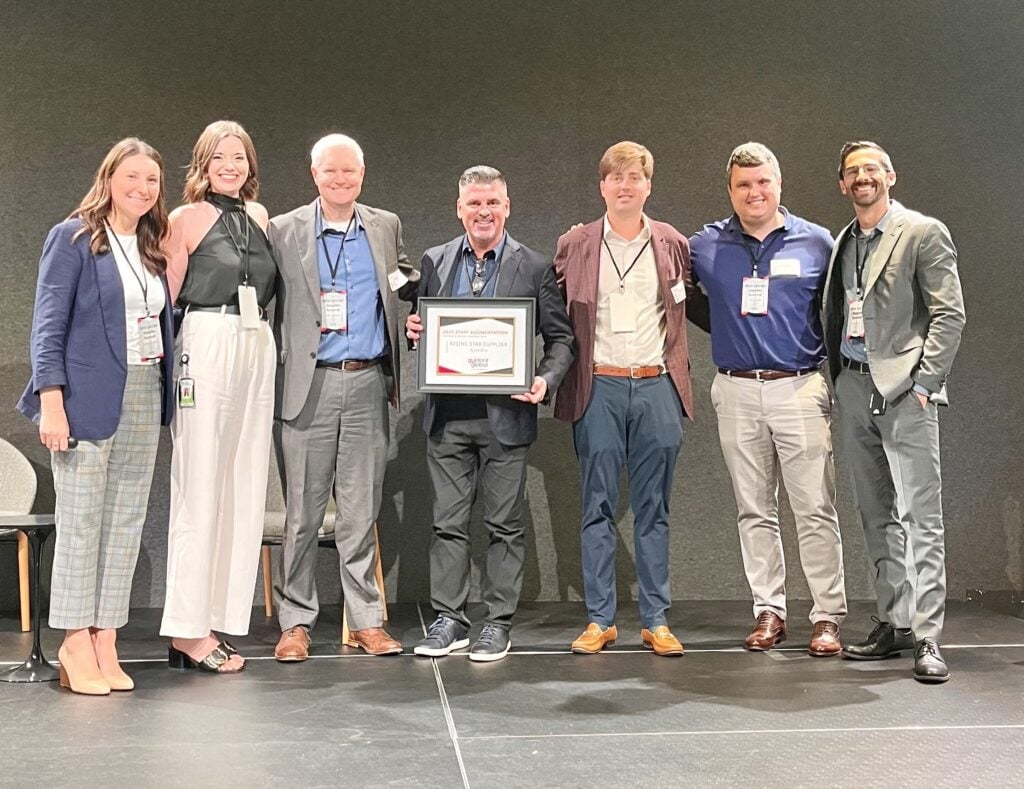
How to Answer Difficult Interview Questions
 Congratulations on the upcoming interview! Now it is time to prepare for it. Tech staffing firm, Kavaliro, knows how nerve-wracking this experience can be, so we are here to offer some advice on what interview questions you might be asked and how to answer them.
Congratulations on the upcoming interview! Now it is time to prepare for it. Tech staffing firm, Kavaliro, knows how nerve-wracking this experience can be, so we are here to offer some advice on what interview questions you might be asked and how to answer them.
Interviewers ask this question to find out more about you and how well you do under pressure. Of course, you never want to admit to a fault, but this is a perfect time to show what you are working on within your professional life. Respond by saying something along the lines of, “I tend to overcommit and say yes too often.” Then come back by saying how you are working on a solution to this problem. Try not to draw negative attention to yourself by stating a weakness that would lead the employer to believe that you are not capable of doing the job. Draw attention to your strengths by showing your problem-solving skills.
2. What salary do you think you deserve?
Instead of answering this question, wait for the employer to suggest a range. Don’t be the first to give a number as it could be less than what the company was planning to pay. When you are given a range, always choose a salary number that is higher than the median. Be sure to do your research with online tools and resources to find out what you deserve. Try not to talk about salary on the first interview.
3. Why should we hire you?
Interestingly enough, this is the question that most candidates are unprepared to answer. This is your chance to shine and show that you did your research on the position. Illustrate why you are the most qualified candidate by reviewing the job description and qualifications. Therefore, you can identify the skills and knowledge that are necessary to be hired for the position.
4. Why is there a gap in your work history?
Most employers will understand that there may be a struggle when it comes to losing a job and finding a new one. When you answer this question, be sure to list out activities or volunteer opportunities you have been a part of during this gap. Let the interviewer know that you have been productive during your time off from work. If you have had a lot of contract positions that leave gaps on your resume be sure to inform the interviewer and explain. Need more tips on how to explain your contract positions? Take a look at, How to Deal with Contract Positions on Your Resume.
5. Can you tell me a little about yourself?
Interviewers are looking for more than just your work experience. Many of them are seeking to see if you would be the right fit for the company culture. Take the time to tell them what you do outside of work and what got you interested in the profession that you are in now. Be sure to keep it clean and let your personality shine through!
Stay in the know by subscribing to our blog!




